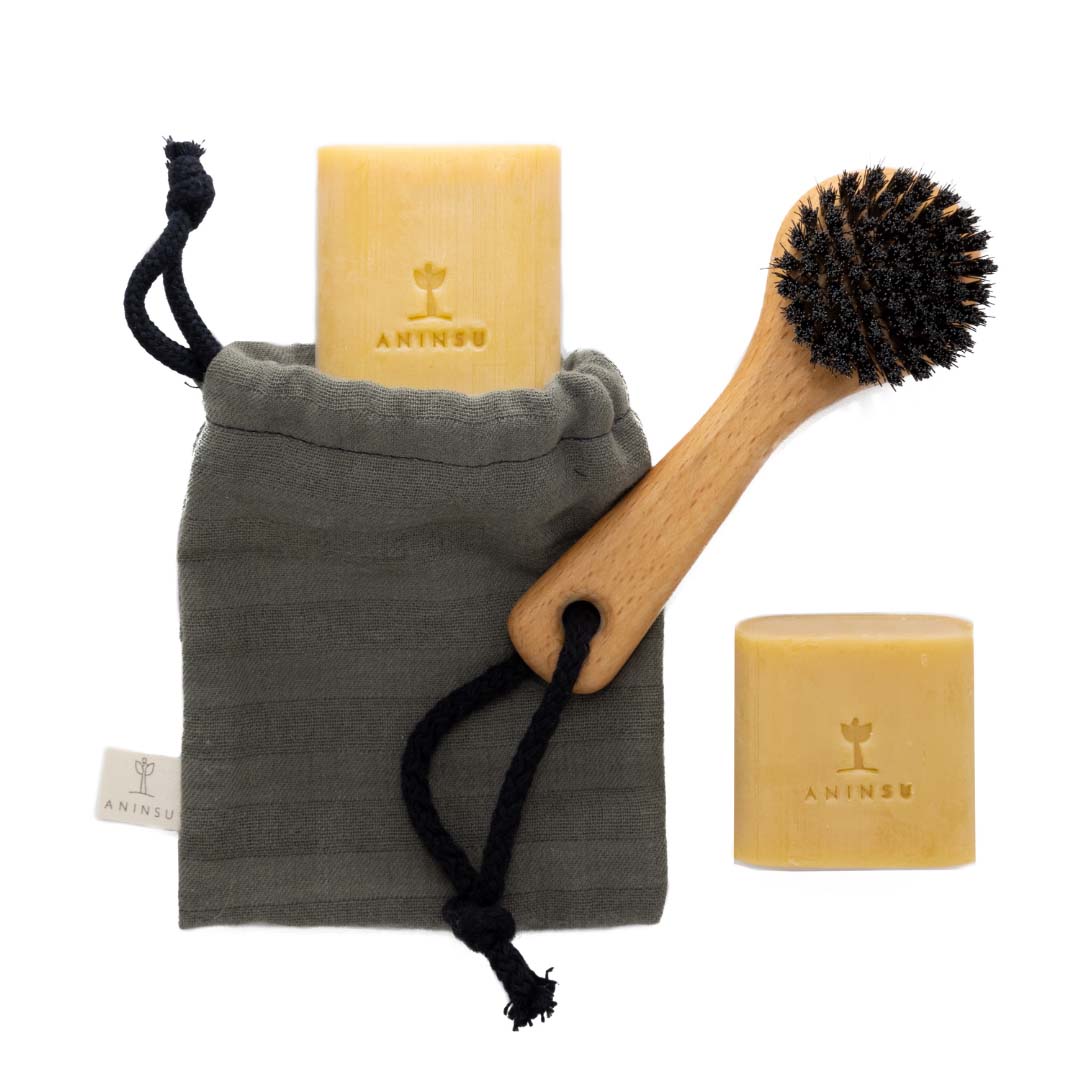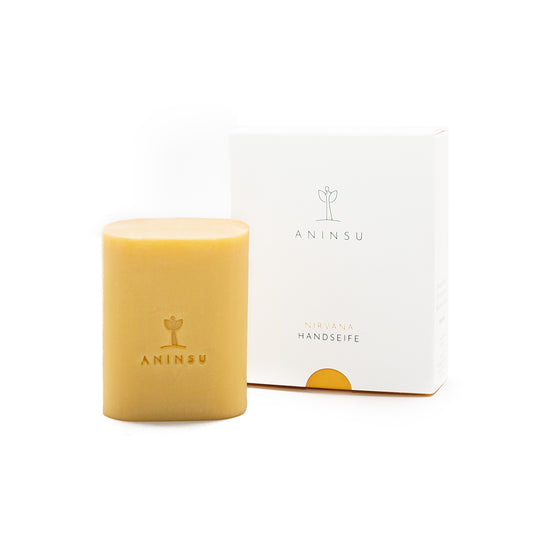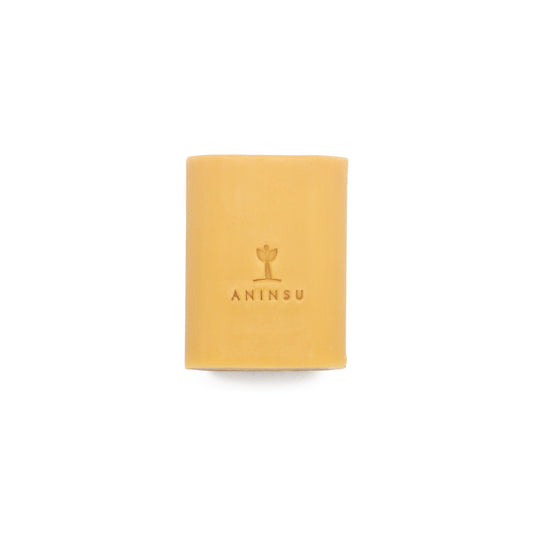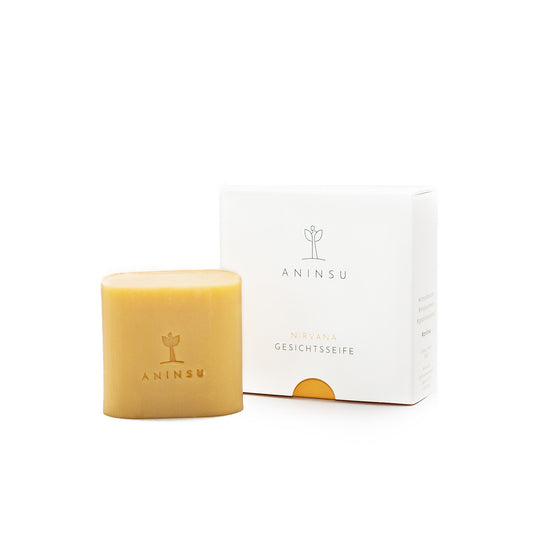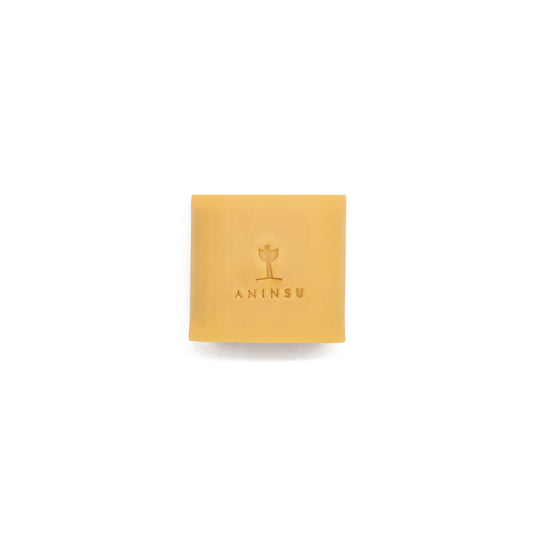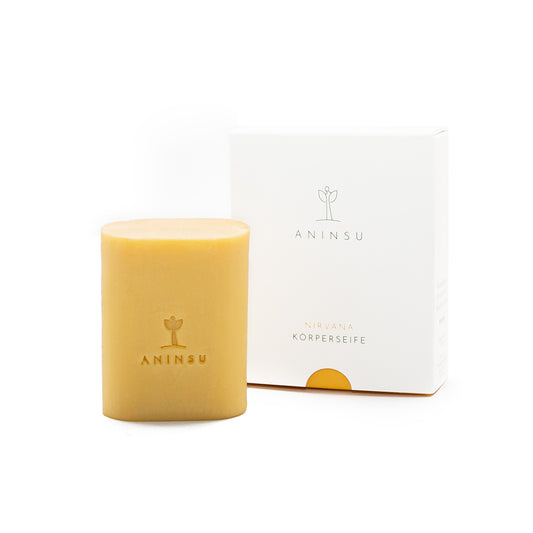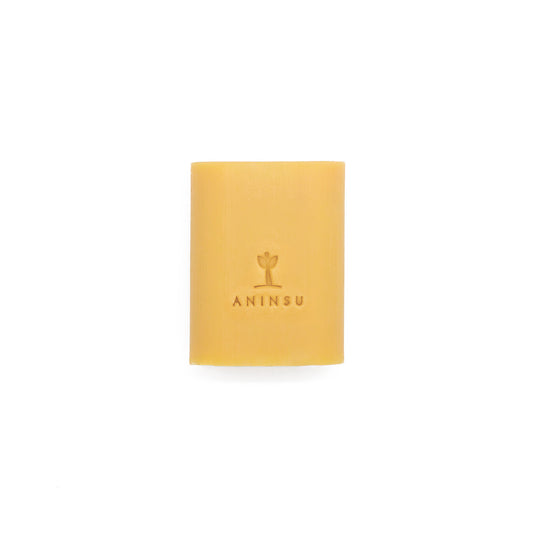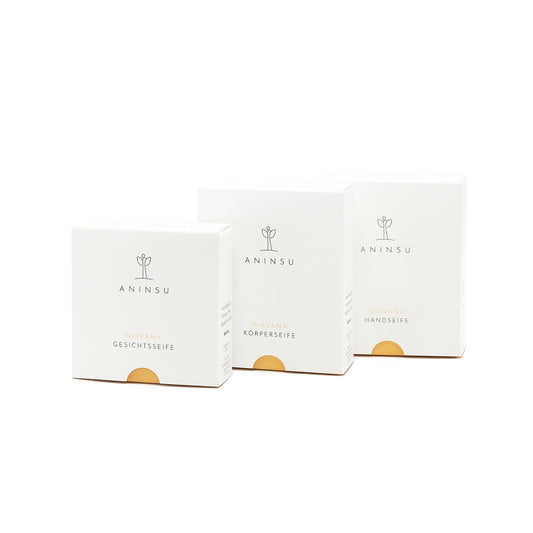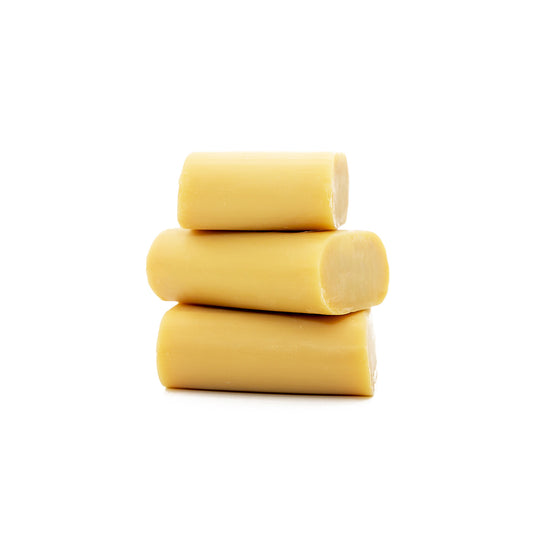There are many claims that natural is always better. But is it really true? In this article we discuss some of these myths and show what lies behind them. We also take a critical look at the topic of natural soap.
Myth 1: Natural products are always safer
It is a common myth that natural products are safer than synthetic ones. However, there are many natural substances that can be toxic or even deadly. For example, castor bean contains a substance called ricin, which is extremely toxic. Some types of mushrooms can also be very toxic and even cause death.
On the other hand, synthetic products often have a bad reputation, but many of them are safe and have been shown in studies to be safe. So it depends on which specific product is considered and what studies there are on it. General statements in this area, as in many others, are not reasonably possible.
Myth 2: Natural products are always more effective
Another myth is that natural products are more effective than synthetic ones. However, there is no scientific evidence to support this. Some natural substances certainly have therapeutic properties, but equally there are synthetic substances that are just as effective or even more effective. Again, you have to look at what exactly you are talking about and inform yourself accordingly and consult different sources.
Myth 3: Natural products are always better for the environment
It is also a common myth that natural products are always better for the environment than synthetic ones. But this is not always the case either. Many natural products require a large amount of resources to be produced and can therefore have a greater impact on the environment than synthetic products. In addition, you always have to look at what type of product it is and how the product is produced in the specific case and by whom.
A critical look: Natural soap
Natural soap has gained popularity in recent years as it is promoted as a natural and environmentally friendly alternative to conventional soaps. However, there are some critical aspects that need to be considered with natural soaps.
First of all, natural soap is not always better for the skin than synthetic soaps. Some natural soaps can dry out or irritate the skin, especially if they are made with strong essential oils or fragrances. It is also important to note that natural soaps often do not have a long shelf life and can therefore spoil more quickly if they are not made professionally by professionals and then stored properly.
Another important factor is that natural soap is not always more environmentally friendly than synthetic soaps. If you're not savvy, making natural soap can often require more resources and can lead to higher water consumption and emissions. In addition, some natural ingredients such as palm oil can be problematic as they contribute to deforestation. Again, as a consumer, you have to look carefully. Many companies are consciously or unconsciously greenwashing while the product and production is a pure natural disaster.
Although there are some myths and misinformation associated with the term "natural", using natural ingredients in skin care remains an excellent choice. You just have to know what and how. Aninsu focuses on high-quality and certified ingredients that nourish and protect the skin. We place great emphasis on sustainable and environmentally friendly production of our natural soaps, without sacrificing quality. Our soaps are formulated to meet the specific needs of hands, face and body and are carefully formulated to provide optimal skin care. We avoid the use of unnecessary additives and focus on natural ingredients that not only cleanse well, but also offer a variety of benefits beyond that, e.g. turmeric and sea buckthorn.
Conclusion
Overall, it is important to take a nuanced view of whether natural is better in a particular case. There are many natural products that are safe, effective and environmentally friendly, but there are also many that are not. The same applies to synthetic products. The choice between natural and synthetic products often depends on individual needs, preferences and circumstances. When choosing natural products, such as our natural soaps, it is important to focus on high quality products that are carefully and sustainably produced. Ultimately, we should be aware that the actual or supposed naturalness of a product alone is not a measure of its safety or efficacy and that it is always important to question critically and rely on scientifically sound information.
